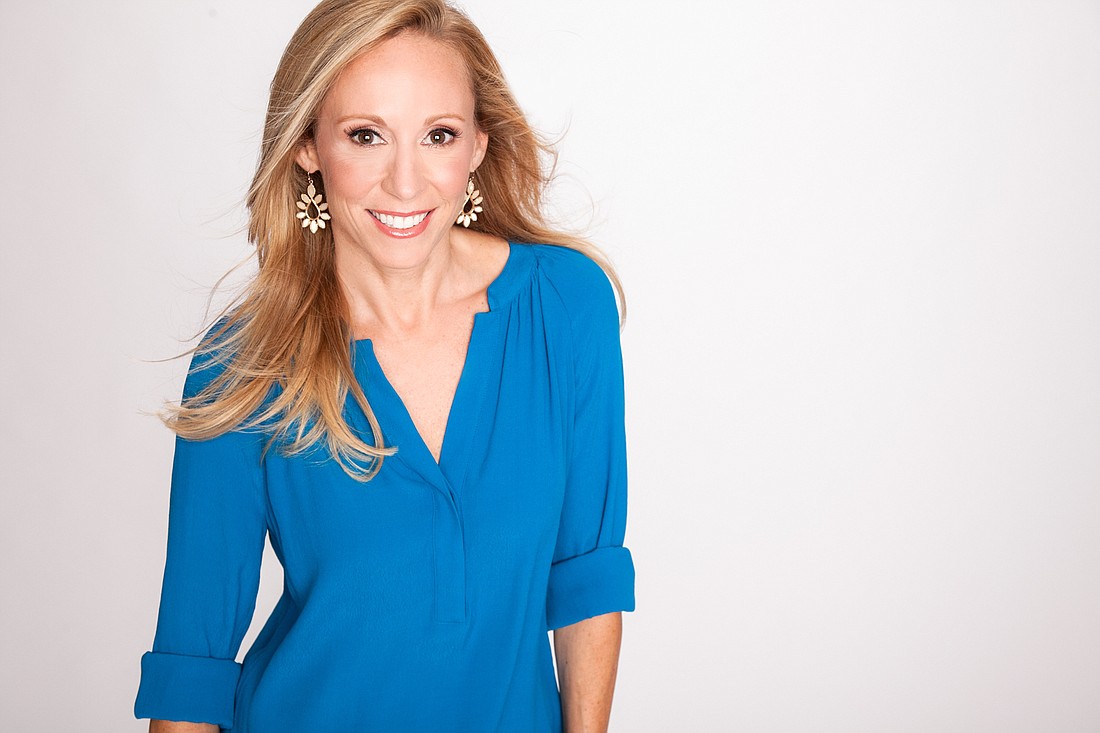- December 13, 2025
-
-
Loading

Loading

The transparency of a swim meet or a marathon speaks to Dawna Stone. A onetime college swimmer at the University of California-Berkeley who also completed the Hawaii Ironman, Stone embraces the clarity of knowing someone won and someone lost.
Transparency, clarity and honesty is also a vital tool in leadership, I have learned — both in interviewing high-powered CEOs and entrepreneurs, and in my own work life. Stone, a St. Pete resident recently named CEO of Minneapolis-based Running USA, the leading trade association for the running industry, embodies that kind of leader. Prior to her role at Running USA, Stone, 52, had a long and varied business career, from working on Wall Street to running a small business to launching and growing a magazine.